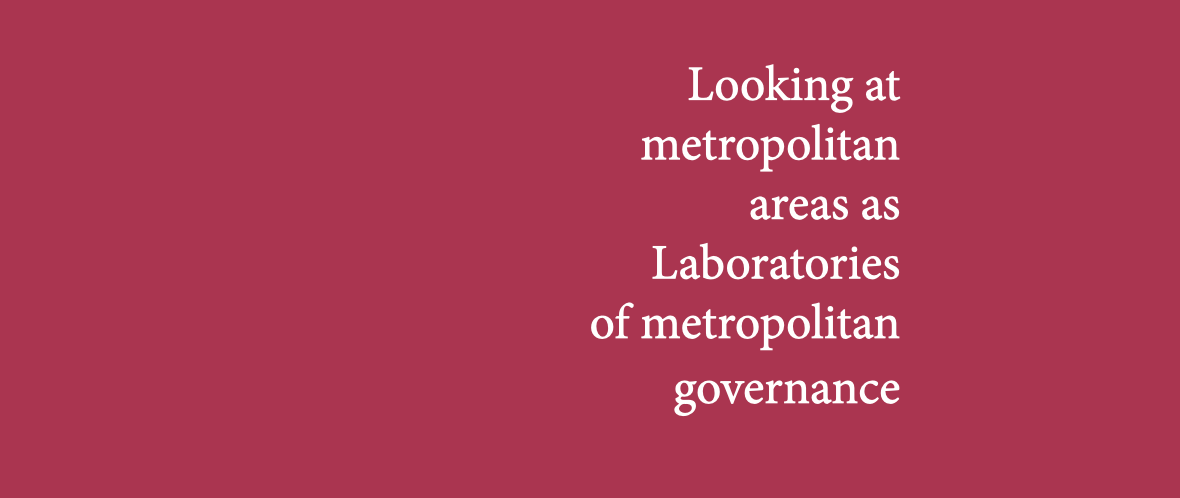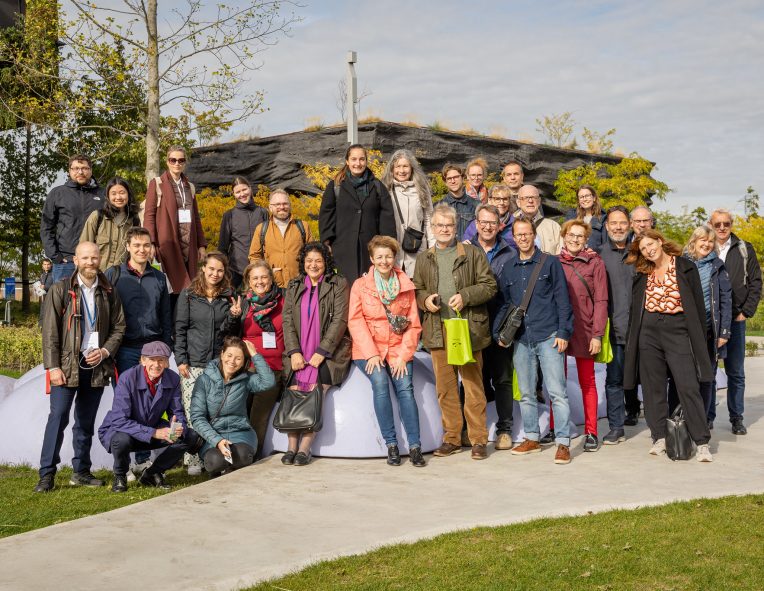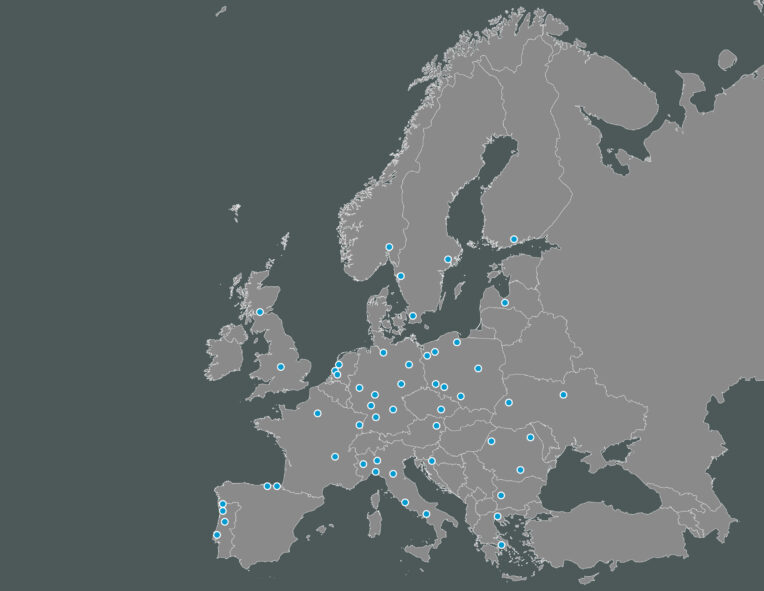This report was conducted by Viviana Rubbo for the 2016-2018 Bernd Steinacher Fellowship. The Fellowship was established in 2010 to sustain the values and interests brought to METREX by the late Bernd Steinacher.
Looking at metropolitan areas as Laboratories of metropolitan governance
Seeking the factors that create the conditions for successful models/systems of metropolitan and regional governance.
Interviews with Bologna, Florence, Naples, Milan, Helsinki, Lyon, Prague.
“Metropolitan Cities must become increasingly ‘light’ and cost-effective entities, free from active administrative tasks (such as schools and roads management, which can be shifted to Municipalities and state-run agencies) and entirely focused on Strategic Planning, including urban planning and socio-economic promotion” Dario Nardella, Mayor of Florence
The understanding of “how the territorial reality can be aligned with the governance structures” is the goal of the many efforts undertaken so far and explored in this research. Why laboratories of metropolitan governance? Whether there is a top-down legislative framework that needs to be adapted and make it fit to the local and place-specific challenges and issues (Italian cases), or a special funding programme tailor-made for a target-region (Prague), or a voluntary and pragmatic political interest to achieve cooperation and play together (Helsinki region and Lyon Metropolitan Pole), each territory showcases an attempt, a strategy, a way forward, to deal with major territorial questions that call for radical changes.
This research was a unique chance to informally meet and talk to city-makers, professionals, politicians and public officers who are called today to master the complexity of the territorial dynamics and tackle the metropolitan challenge with a long-term perspective. This work registers the impressions and the feelings of those who are directly involved in the process of institutional reform taking place in many European countries. France, Italy, Finland are carrying out major territorial and institutional reforms which require cultural changes, understanding, adaption and a lot of vision. Metropolitan areas are territorial facts, they exist as “territories in search of metropolitan governments”. The acknowledgment of the present dynamics and the understanding of how the existing territorial and spatial reality can be aligned with a governance structure capable of making the system effectively work and set the guidelines for the future generations’ sustainable growth, is the goal of the many efforts undertaken so far.



